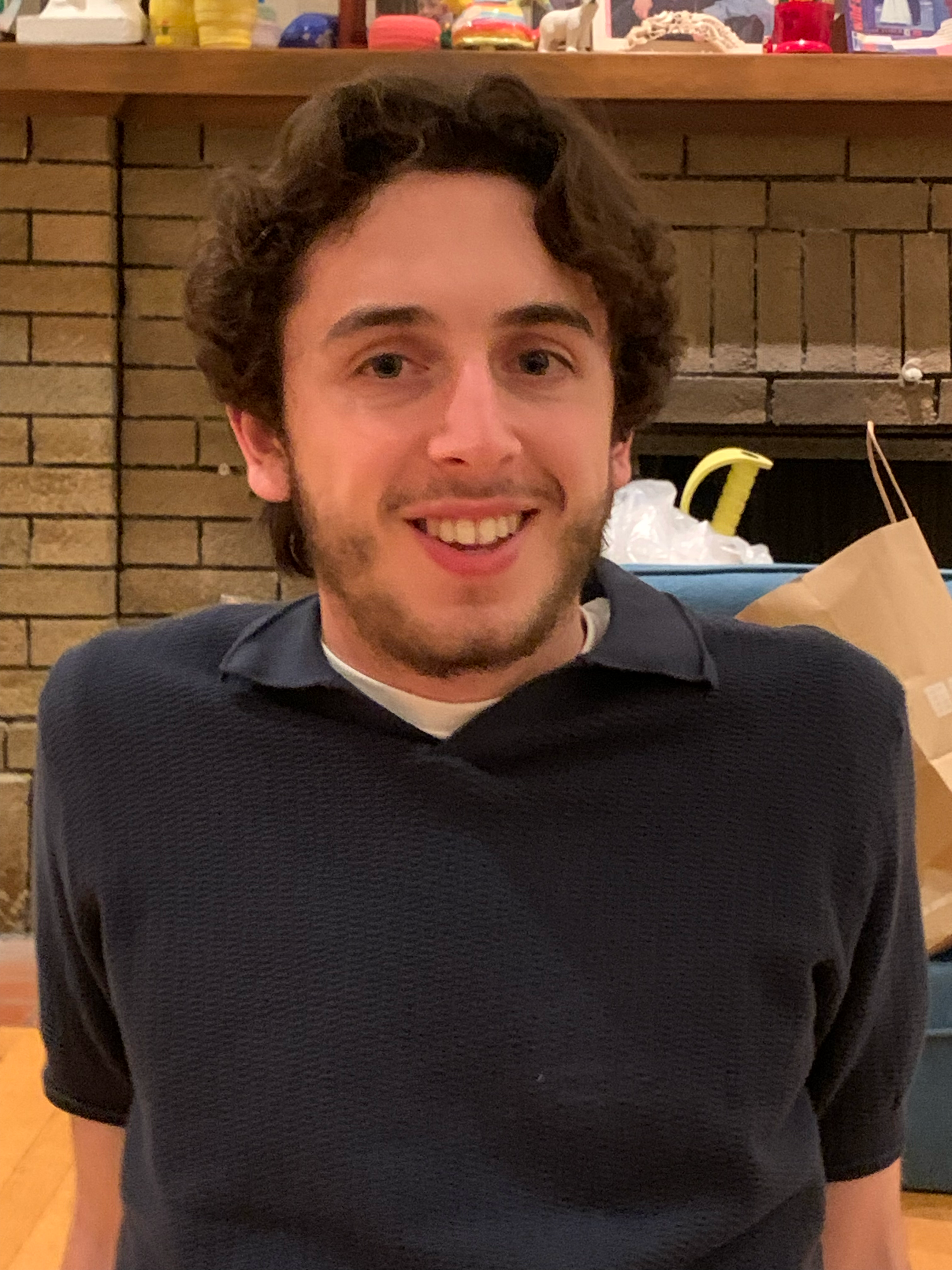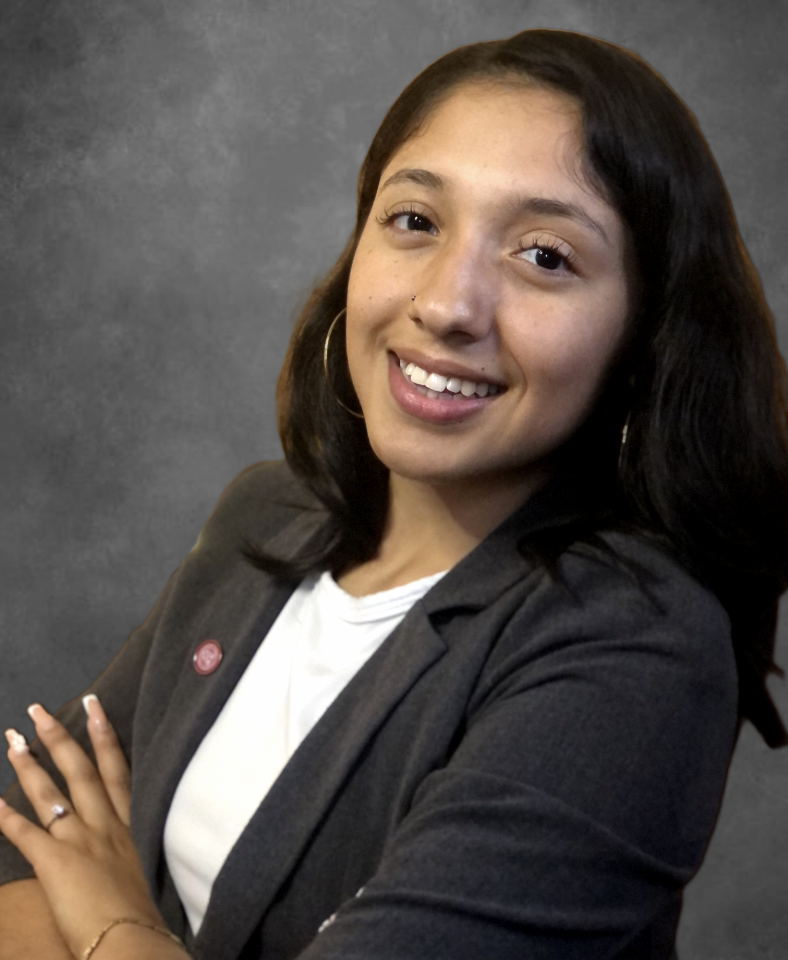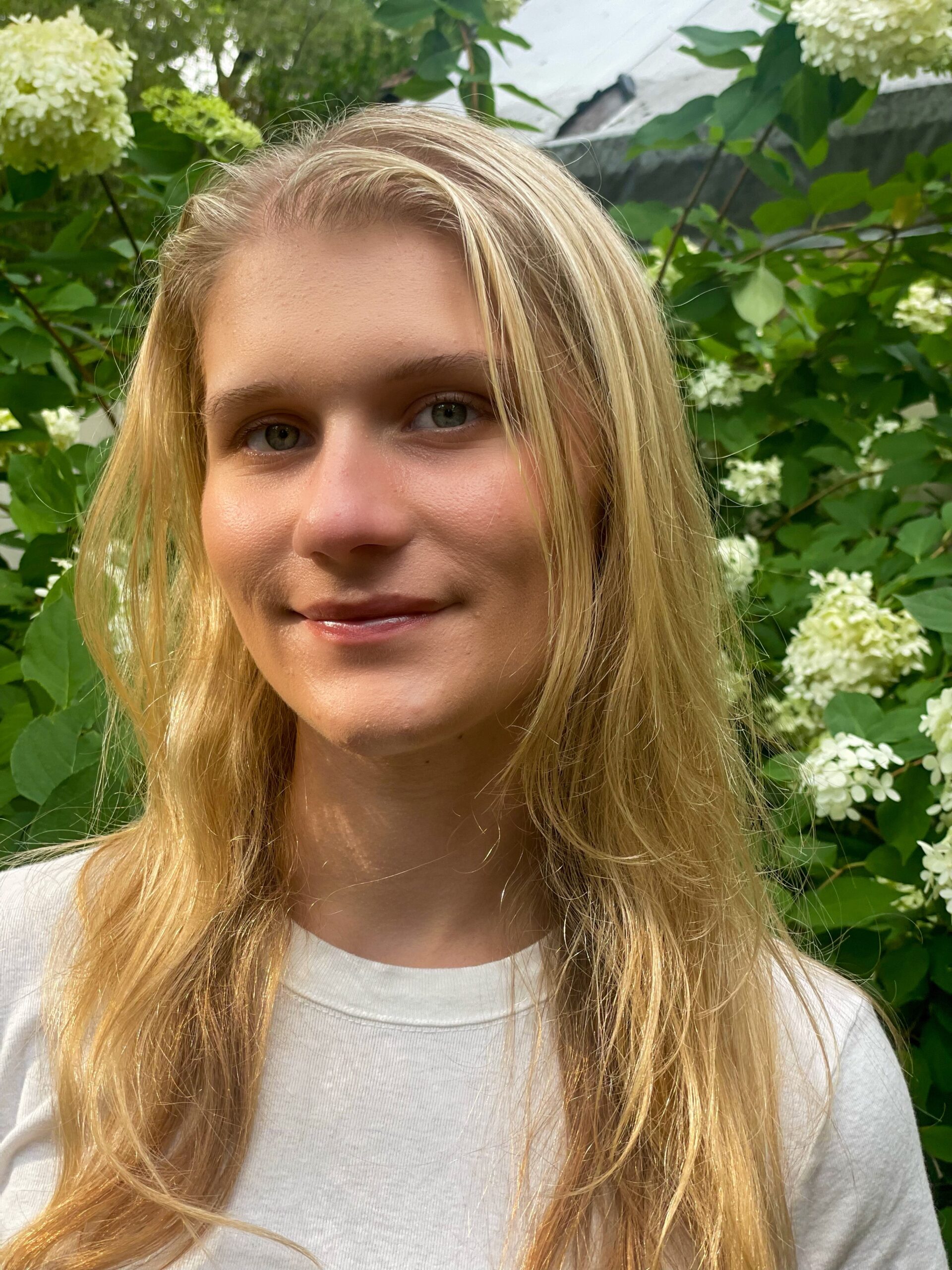“PlayingCalves” project
Dr. Miel Hostens, Principal InvestigatorDavey, a sophomore computer science major in the College of Arts and Sciences, spent the summer of 2024 immersed in a unique project at Dr. Miel Hostens’ Bovi-Analytics lab. Davey aimed to improve cow happiness and well-being by creating an AI system that detects when cows are playing—a key indicator of cow welfare. This task was particularly challenging given that cows only play for about 2 minutes each day, often in bursts of less than a second. Davey worked with a team of 11 people, including veterinary students from Utrecht University in the Netherlands who collected data on farms, as well as other computer science students from Cornell who developed algorithms to analyze this data. Davey’s primary contribution was creating a long-short term memory (LSTM) neural network to predict cow playfulness based on accelerometer data. Davey also played a crucial role in cleaning and processing the raw data, making it more accessible to the team. The other computer science team members integrated computer vision technology with Davey’s LSTM component, enhancing the model’s capabilities even further. Looking ahead, Davey and the Bovi-Analytics team plan to use this AI system to explore the optimal space allotment for cows, investigating whether increased space leads to more playtime. This project illustrates the power of AI in enhancing animal welfare and reshaping farming practices.



